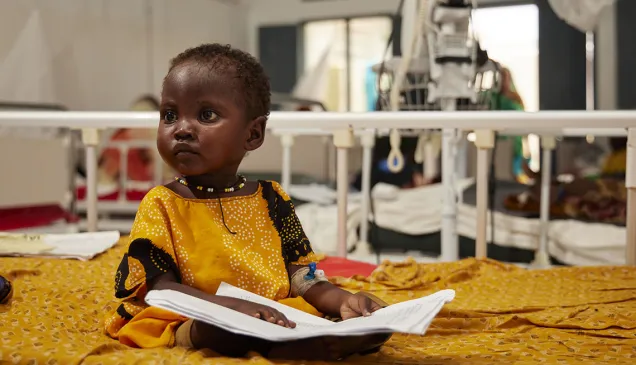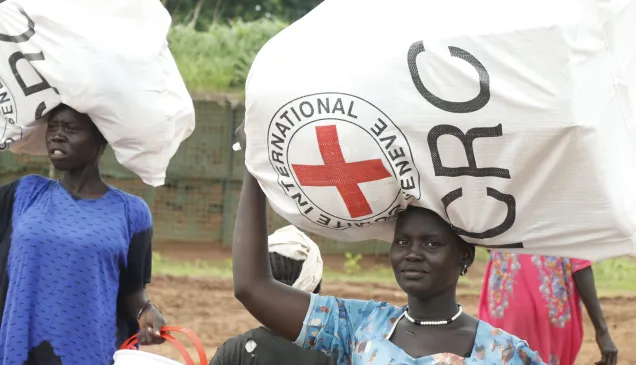ICRC in 2024: Upholding humanity in conflict
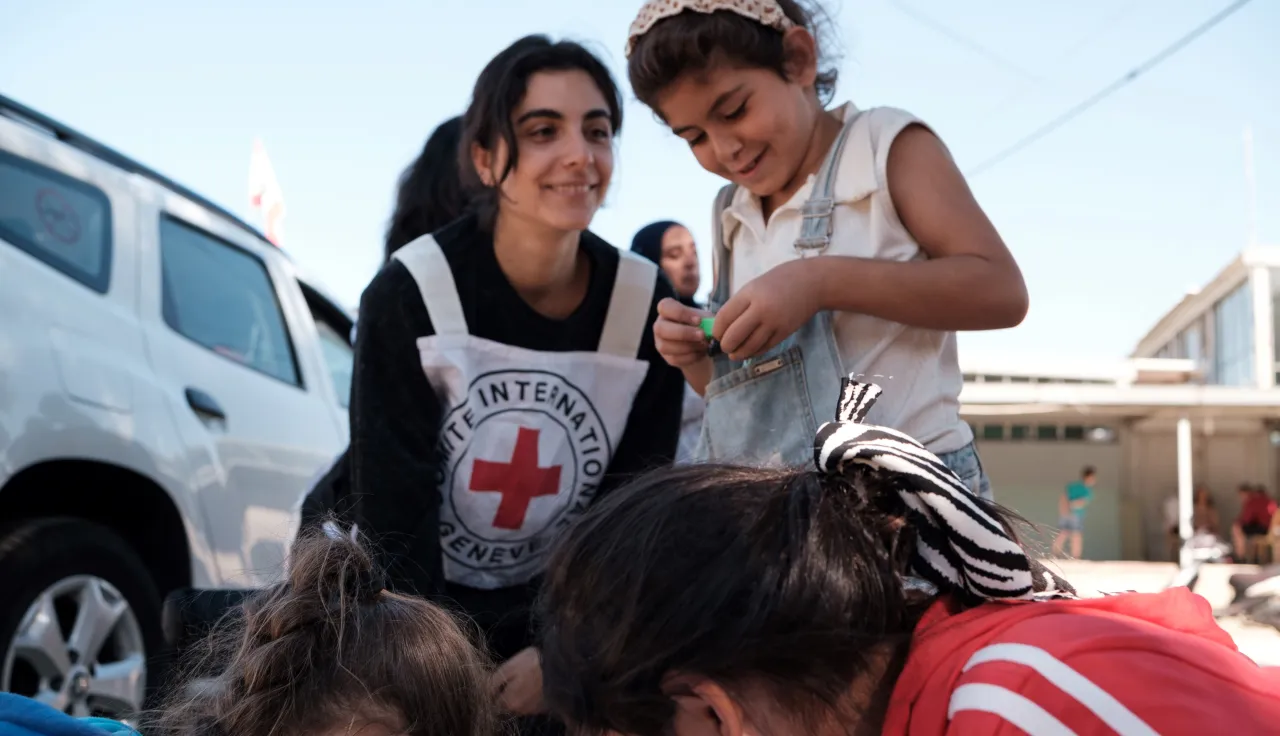
As we approach the end of 2024, we reflect on a horrifying number: 120.
More than 120 armed conflicts rage across the globe today. While only a few capture global attention, millions of people around the world endure suffering in wars that rarely make headlines, often in blatant disregard of the rules of international humanitarian law (IHL). These violations strip individuals of their dignity and their most basic rights.
Conflict continues to destroy vital infrastructure, cutting off access to food, water, healthcare, and education for countless communities. Schools, hospitals, and homes—places meant to provide safety and stability—have become targets. And the impacts of war extend far beyond immediate physical harm. Families are displaced, loved ones are separated, and communities grapple with the long-term consequences of weapon contamination making safe return to their homes impossible. Too often, the most vulnerable—children, the elderly, and the sick—bear the heaviest burden.
Yet, this year also marked an important milestone: the 75th anniversary of the Geneva Conventions, a cornerstone of IHL that has safeguarded humanity in the face of war since 1949.
The Geneva Conventions remain as vital today as they were 75 years ago, setting rules that protect civilians, detainees, the wounded, and the sick. They are a testament to the world’s collective determination to place limits on the devastation of war.
The ICRC's mission has remained steadfast: to protect those affected by conflict and armed violence, promote the rules of war, and ensure that essential services and rights are preserved. Humanity is at the heart of everything we do. In the face of conflict and adversity, we will not waver. In 2025 we will remain committed to standing with those most affected and strive for a world where humanity and compassion prevail, even in the darkest of times.
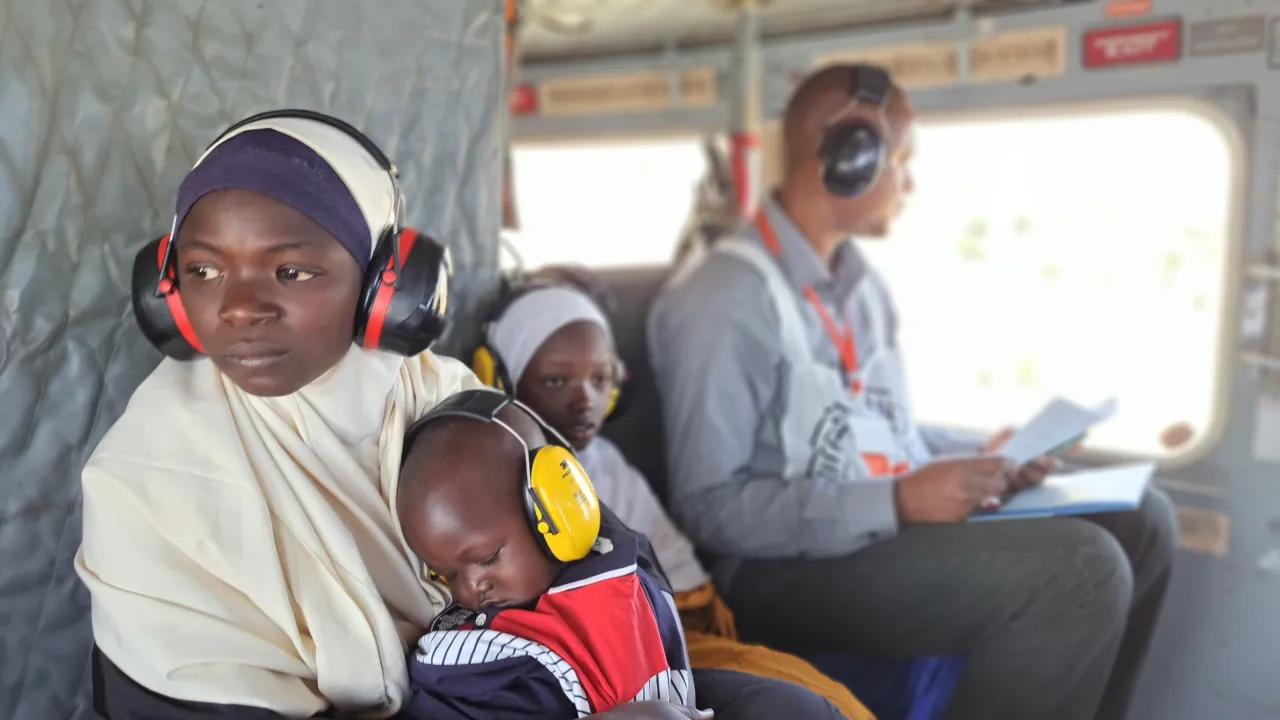
Nigeria: After six years, three siblings find their way home
The ICRC helped reunite 16-year-old Kaltum Suleiman and her younger siblings with relatives in Maiduguri after six years of separation due to armed conflict. Fleeing violence in their village, they were first displaced with their mother to Chad, but another attack separated them. Kaltum kept her siblings together, eventually finding Nigerian Red Cross volunteers in Monguno, who linked them to a reunification service. Using details provided by the siblings, the ICRC located their relatives. Though their mother remains missing, the reunion with their brother Hassan brought joy and hope. Kaltum aspires to serve others, inspired by her journey.
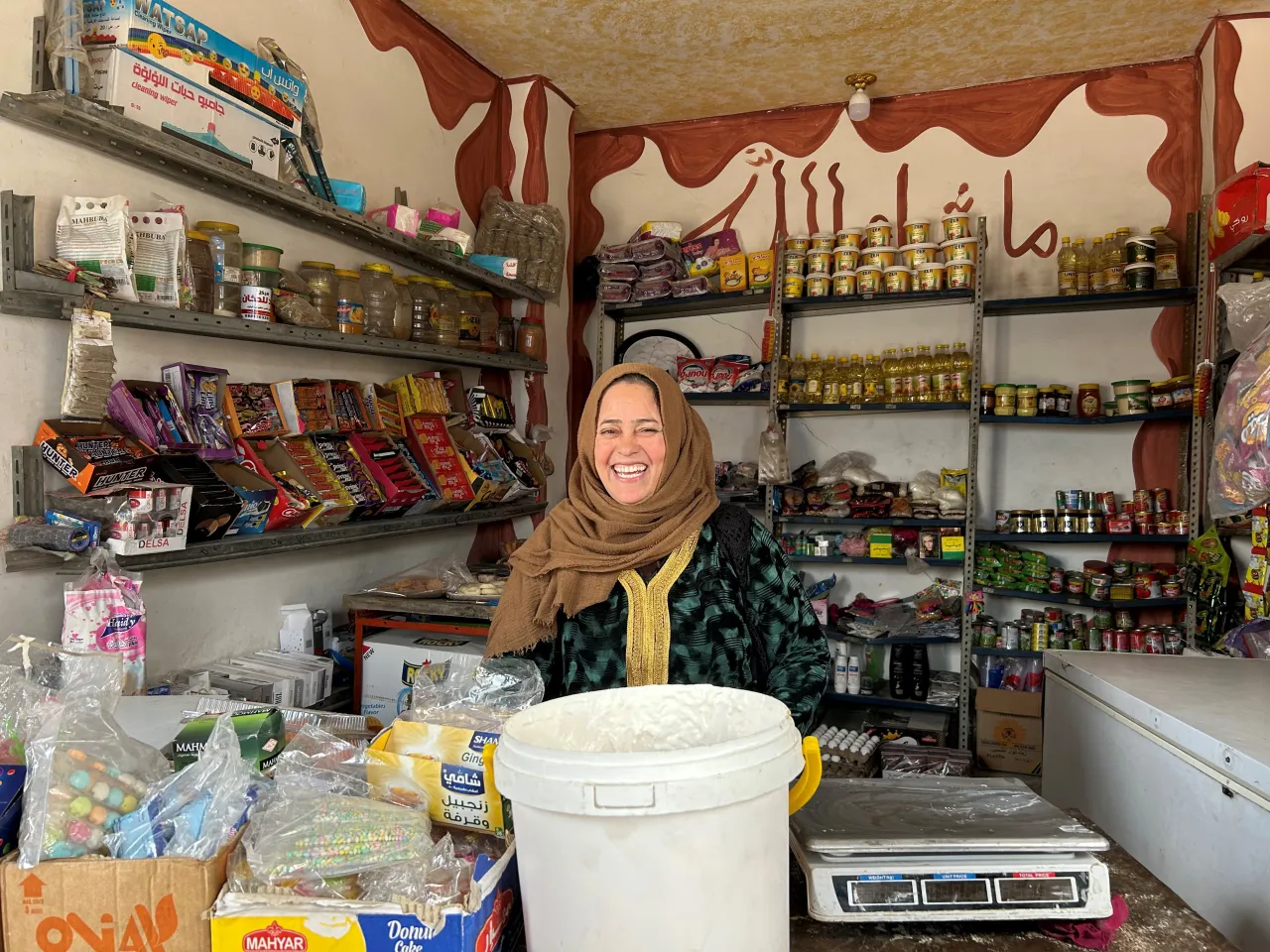
Syrian Women: Turning Challenges into Opportunities
Over the past thirteen years of conflict, Syrian women's lives were characterized by hardship, displacement, loss, and pain. Amidst the devastation, remarkably resourceful women have defied the odds, setting magnificent examples for the next generation of girls and women in their country, paving the way in front of the dreamers and letting everyone know that with hope, anything is possible, and from challenges, opportunities are born. In celebration of International Women's Day 2024, the ICRC profiled four Syrian women who have managed to forge successful enterprises in challenging environment, often while juggling the needs of their families. Supported by the ICRC, these profiles celebrate the audacity of hope and determination to thrive and be a source of inspiration.
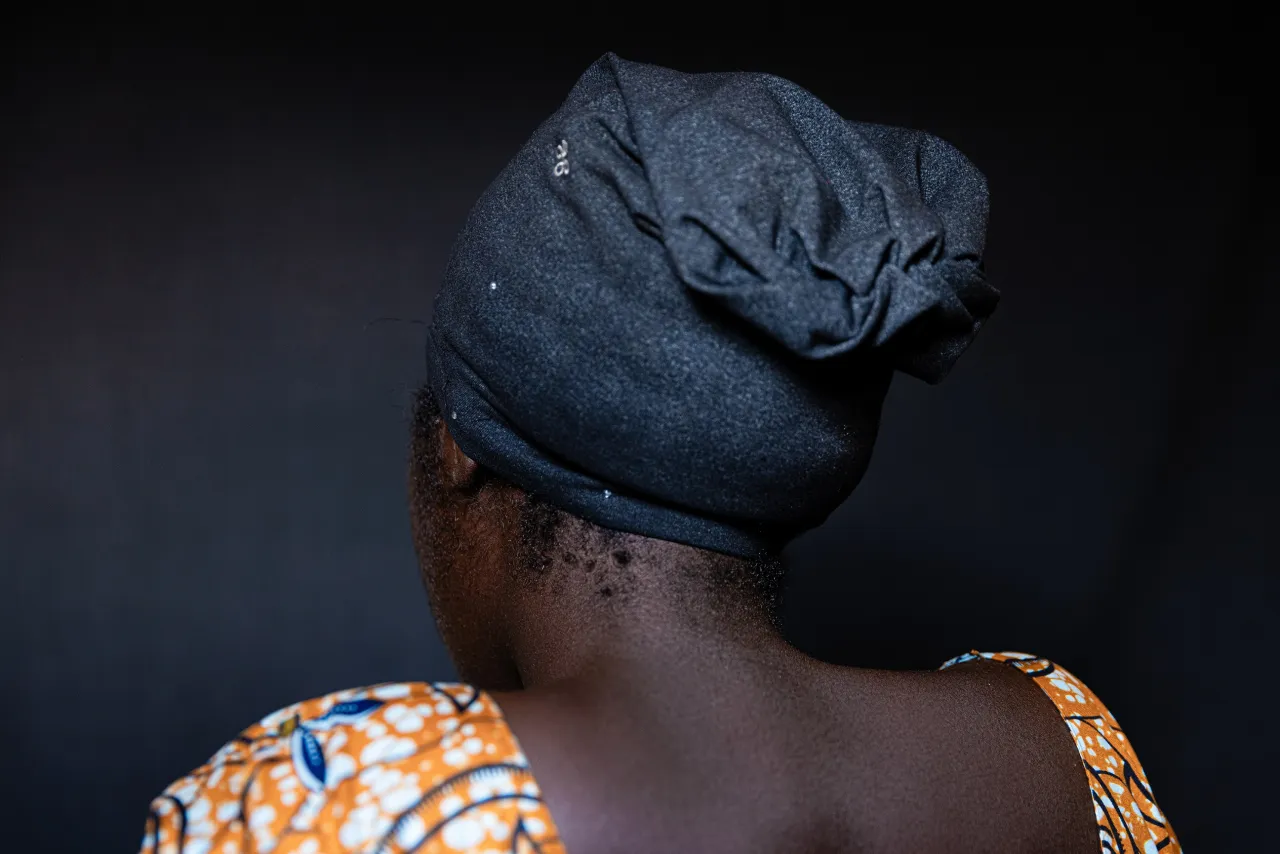
Democratic Republic of Congo: Supporting survivors of sexual violence
Far from the world’s attention, conflict is again shattering lives in the Democratic Republic of Congo. Alongside the fighting, sexual violence is rife. In the DRC, regardless of the physical and mental after-effects, victims and survivors of acts of sexual violence face all kinds of consequences, including social rejection and economic exclusion. More than 50% of all affected women report that they refuse to seek help or confide in family members. This proportion is even higher among children and men who have suffered such violence. ‘Listening houses’ run by the Red Cross offer sanctuary and support to survivors. These are some of their stories.
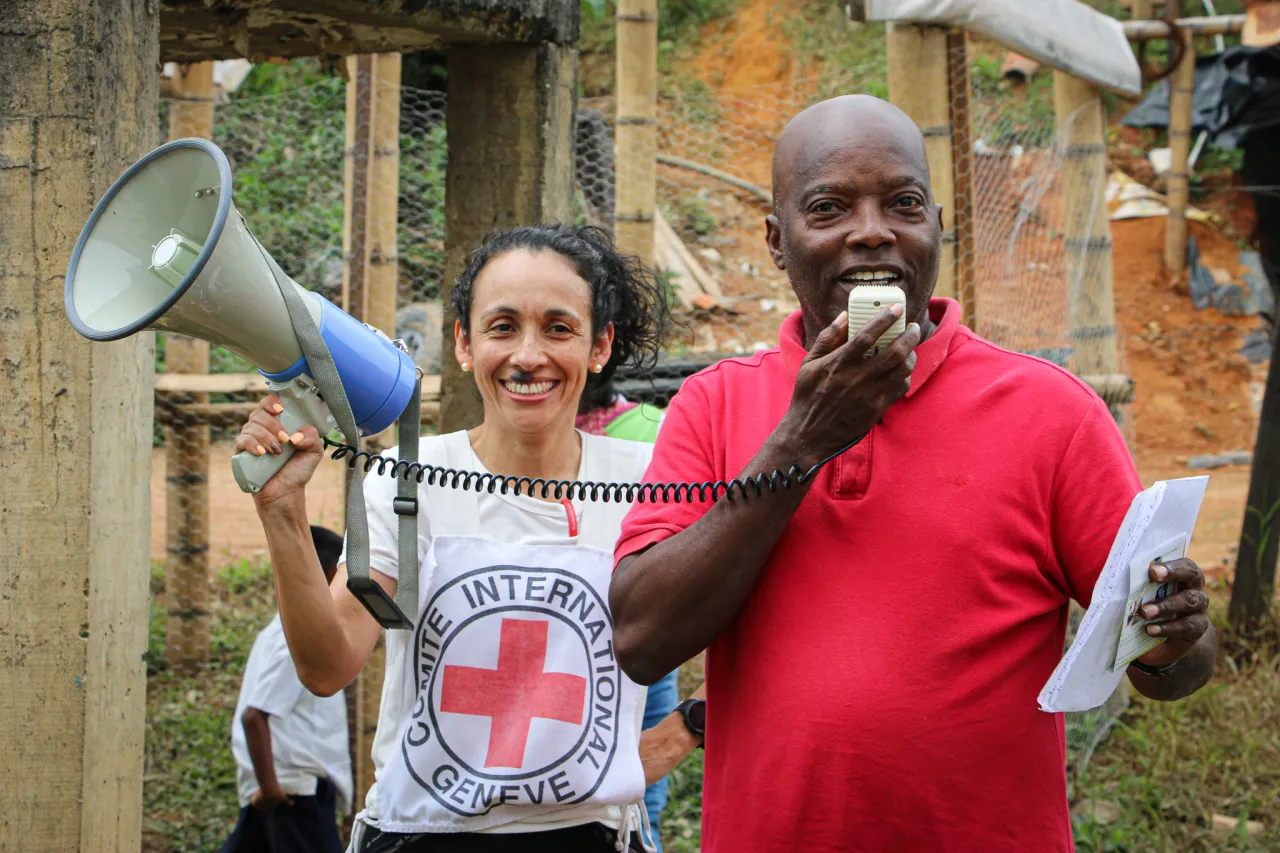
Colombia: Communities tell their stories
Being on the side of the communities most affected by armed conflict and violence means building projects together. During 2023, we worked side by side with those who trusted our teams on the ground in Colombia to help strength resilience. We believe in the inherent capacity of these communities who have become architects of their own destiny. It is not only about rebuilding physical structures, but also about strengthening the foundations of the community. That is why we value diversity and inclusion as fundamental pillars of our work.
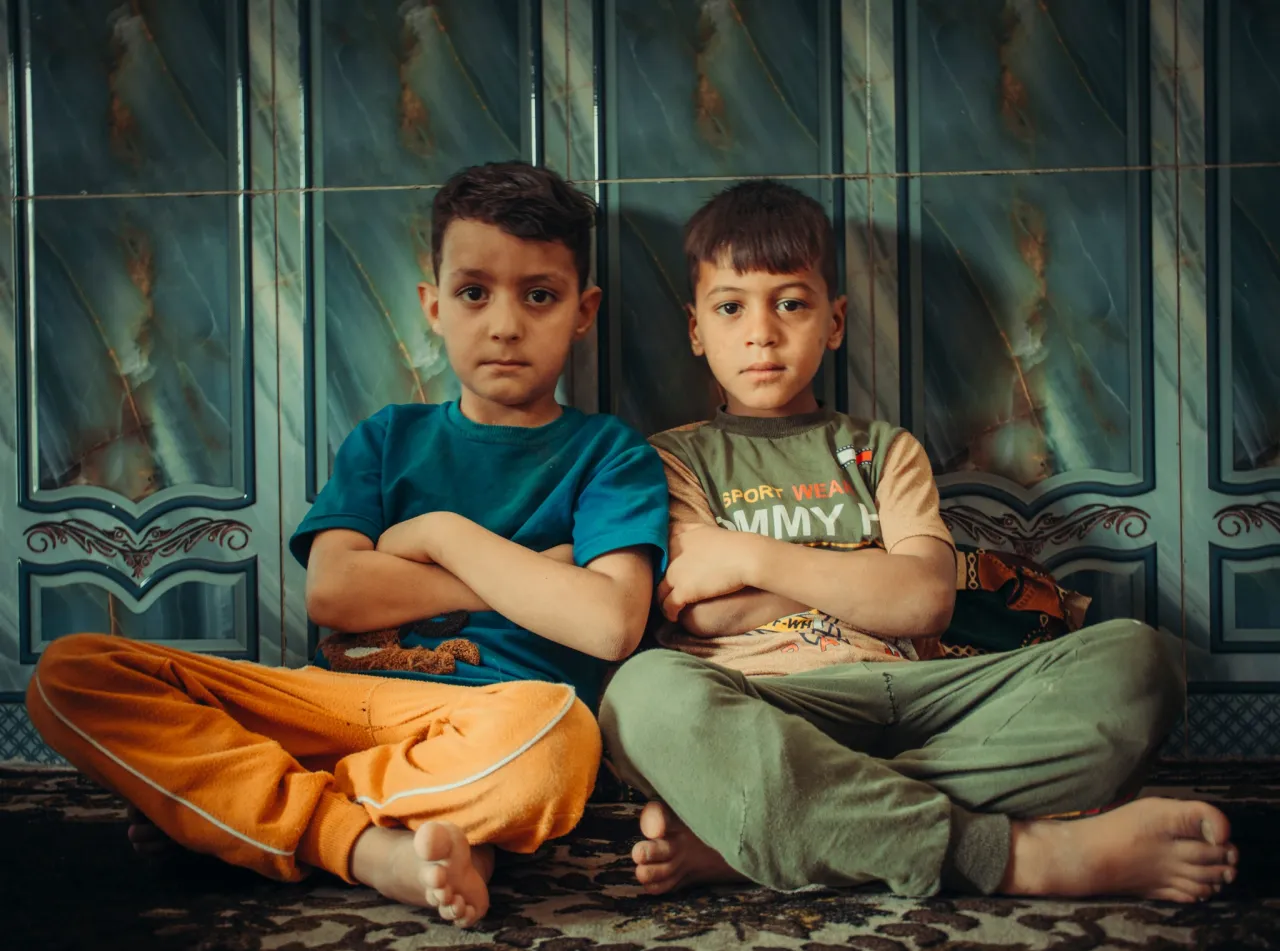
Children and War: The Impact of Weapon Contamination in Iraq
The stories of Shujaa, Fadhil, Sundus and Hussein highlight the profound impact of explosive remnants of war (ERW) on communities across Iraq. As one of the most heavily contaminated countries in the world, Iraq grapples with the enduring legacy of past conflicts, including landmines and cluster munitions. The ICRC plays a vital role in addressing this crisis, providing essential support to those affected by war remnants. Through financial aid, awareness campaigns, and physical rehabilitation services, the ICRC offers hope to those dealing with conflict-related injuries.
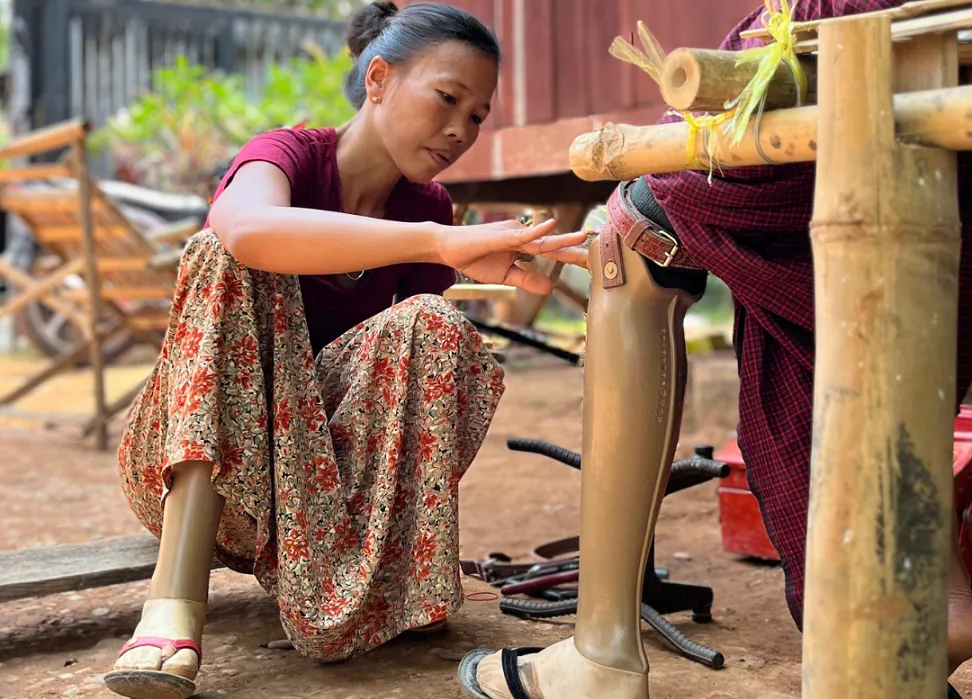
Myanmar: A repairperson fixing her life and helping others
Watching Ma San San Maw at work as a repairperson, tightening screws and fixing prostheses and orthoses for people with disabilities, can be quite interesting. But listening to her story – of surviving a landmine injury, battling depression and then becoming a repairperson who focuses on her abilities rather than her disability – is inspiring.
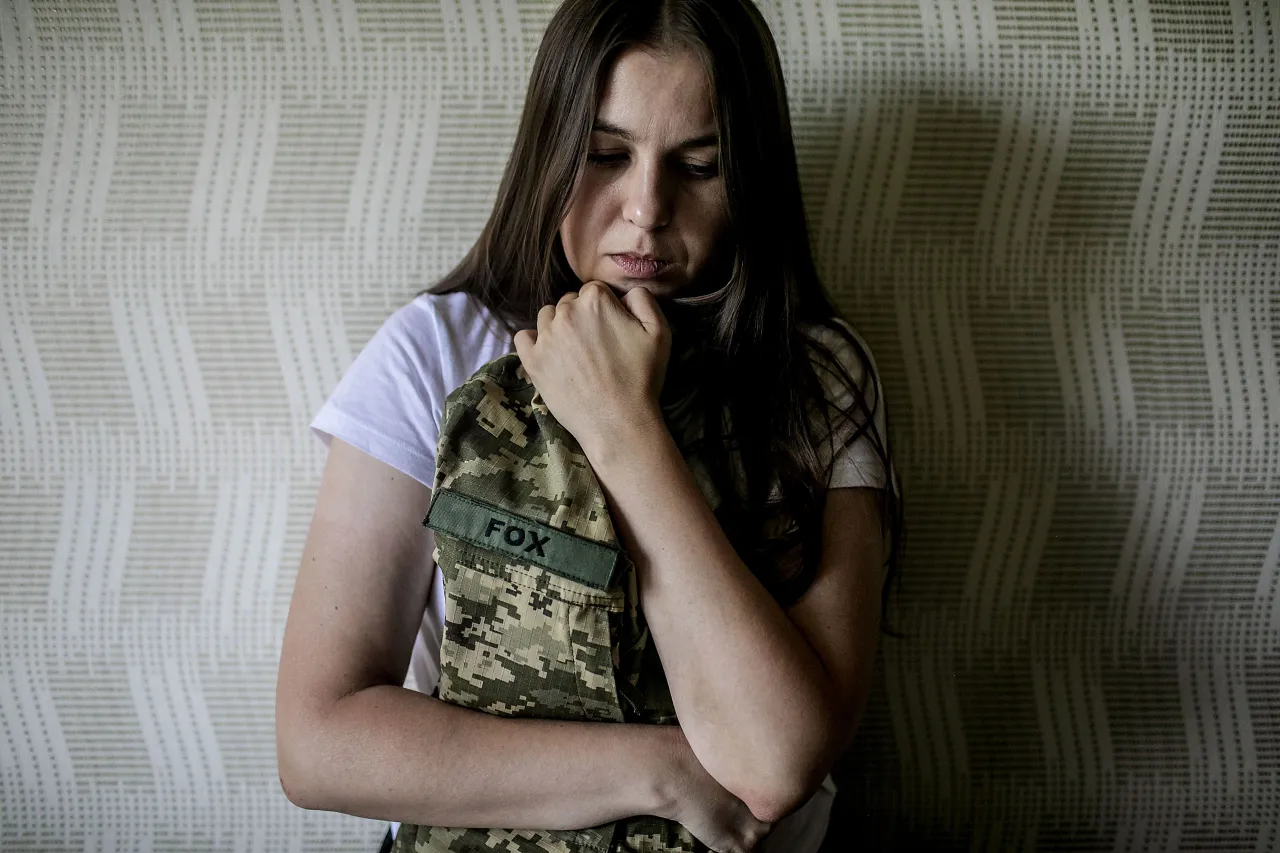
Waiting for news: The ongoing struggle and resilience of families who lost loved ones in the Russia-Ukraine Armed Conflict
While thousands of families have had closure through the fate of their loved ones being clarified, tens of thousands are still living in limbo, not knowing where their loved ones are or what happened to them. On the International Day of the Disappeared we reflected on the stories of these families waiting for news.
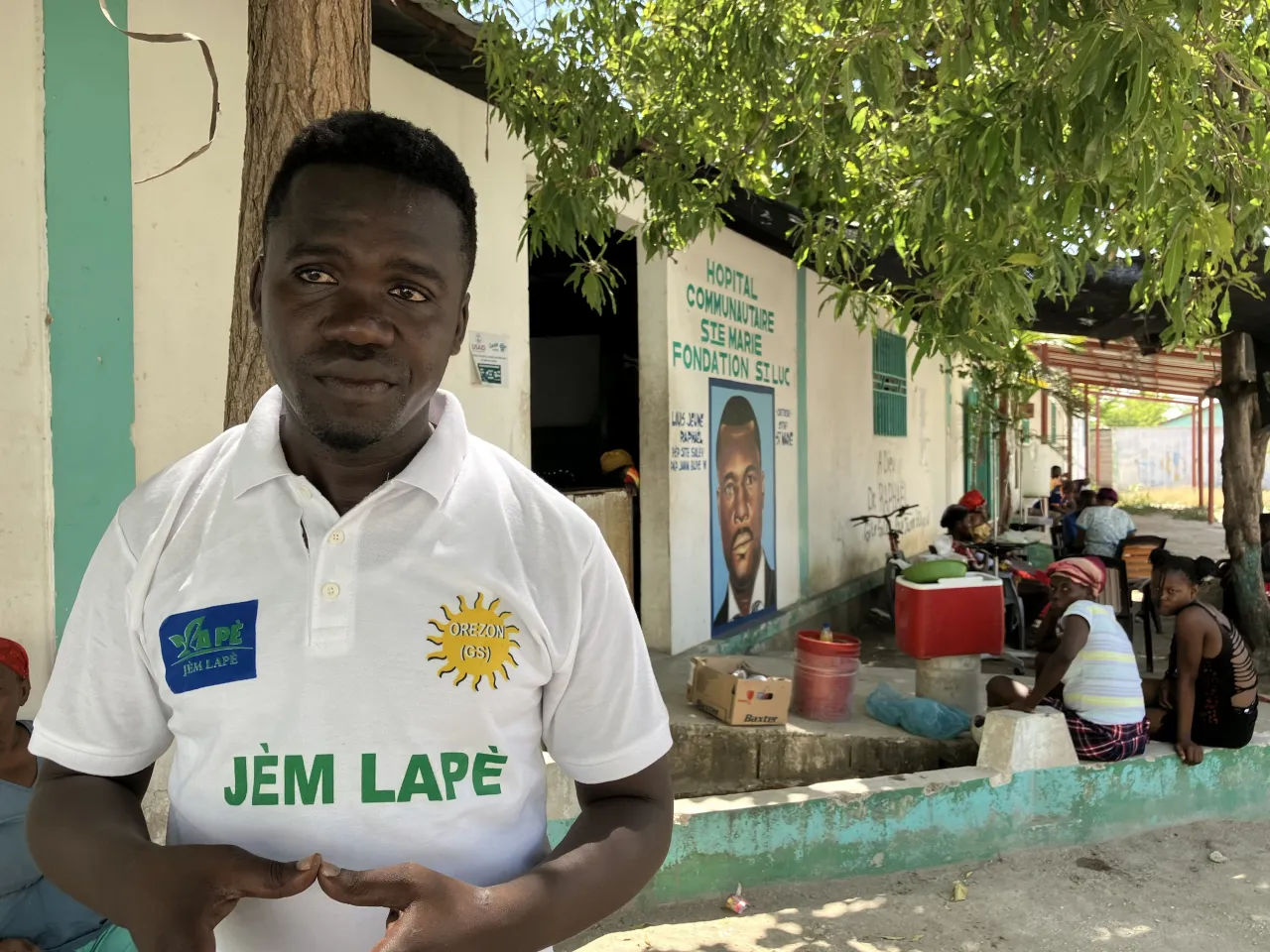
Haiti: Under chronic stress and in constant fear, health workers strive to save lives
Doctor Odans describes himself as a “child of Cité Soleil”. He loves his community and is proud of its people. He wants a better future for them. He dreams of something different for his eight-month-old baby girl. But life in one of the areas worst affected by armed violence in Port-au-Prince is not easy. Being a medical worker in one of the few remaining health facilities operating there, even less so.
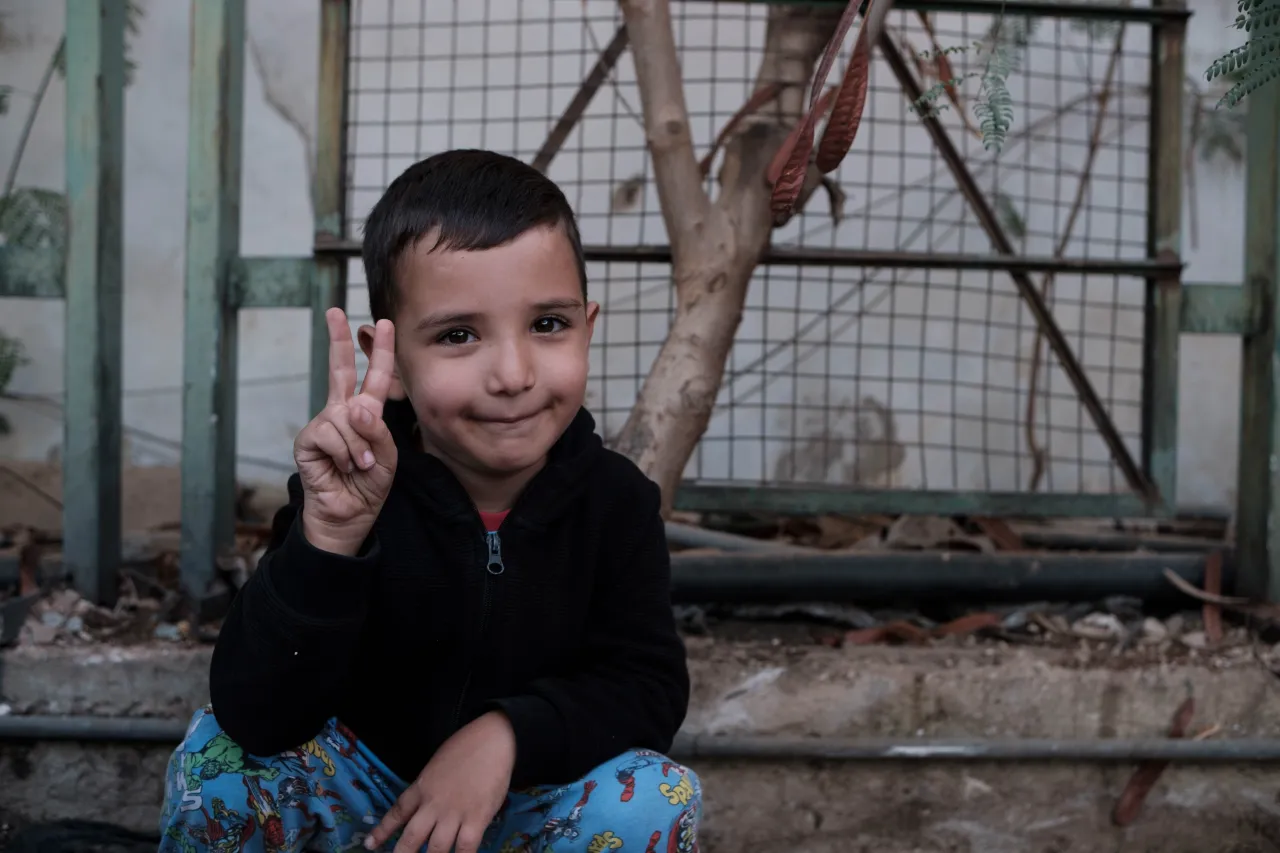
Lebanon: Displaced and trading innocence for resilience in the suburbs of Beirut
Those who are internally displaced are among the most vulnerable populations in times of crisis. Unlike refugees, they remain within their country’s borders and rely on their own state for protection. Yet, in fragile contexts, the state’s capacity to uphold these responsibilities can be limited. Many displaced families who had been sleeping on the streets following the escalation of hostilities in Lebanon were invited to take refuge in the newly refurbished shelter in Beirut's Karantina neighborhood, which has become a lifeline for families displaced by the conflict. Once a deteriorating structure, the shelter has been transformed through the collaborative efforts of local authorities, community members, and international organizations like the ICRC. These are the stories of some of the children of Karantina.
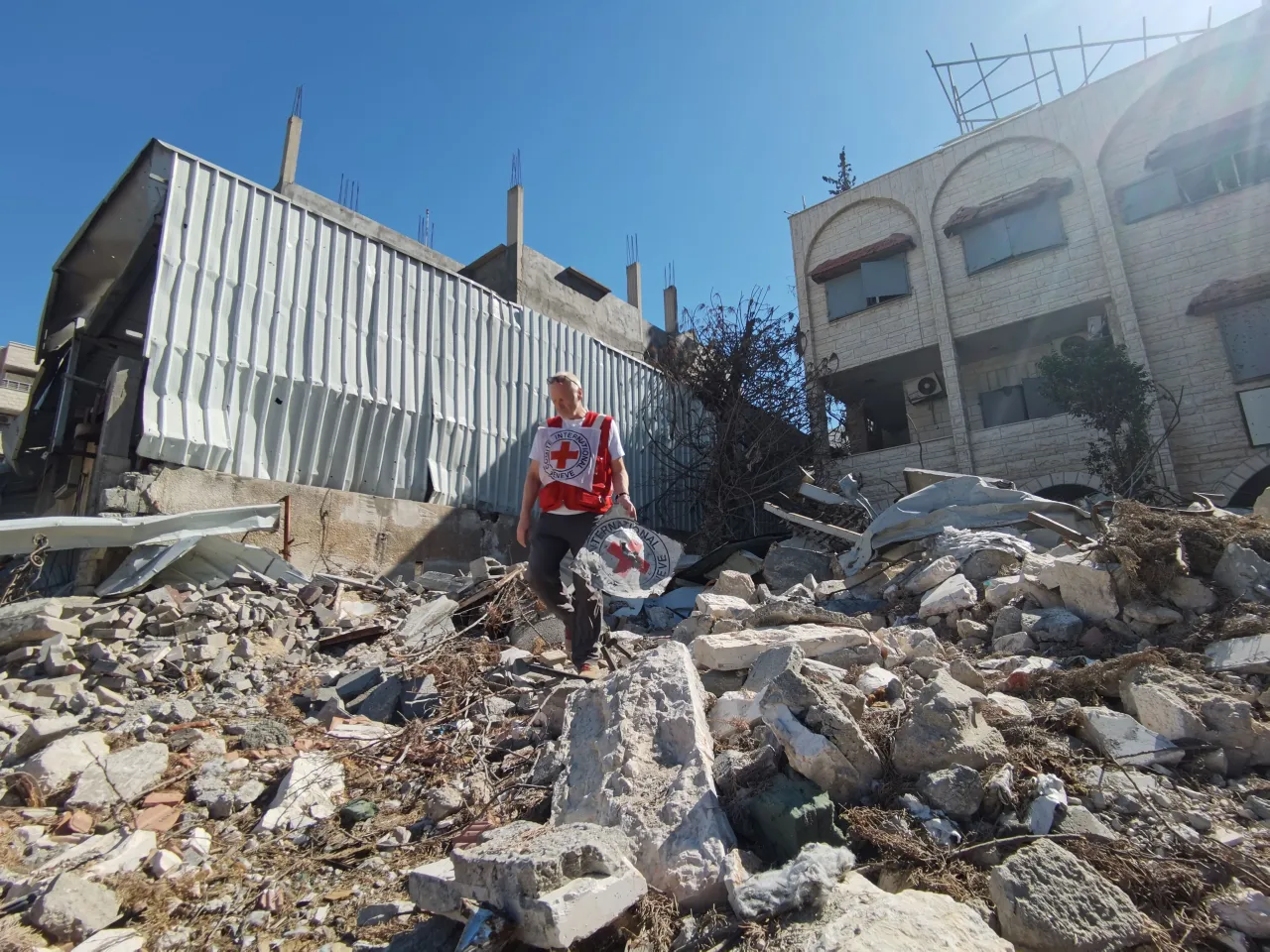
Gaza’s Humanitarian Crisis: The ICRC’s efforts to provide lifesaving support amid conflict and scarcity
The reality of life for civilians in Gaza is increasingly dire. Families are suffering from severe shortages of food, safe water, medical supplies, and shelter. Continuing violence has led to widespread infrastructure damage and the reduction of economic opportunity, and severe restrictions on the introduction of basic humanitarian necessities is placing an immense strain on daily life.
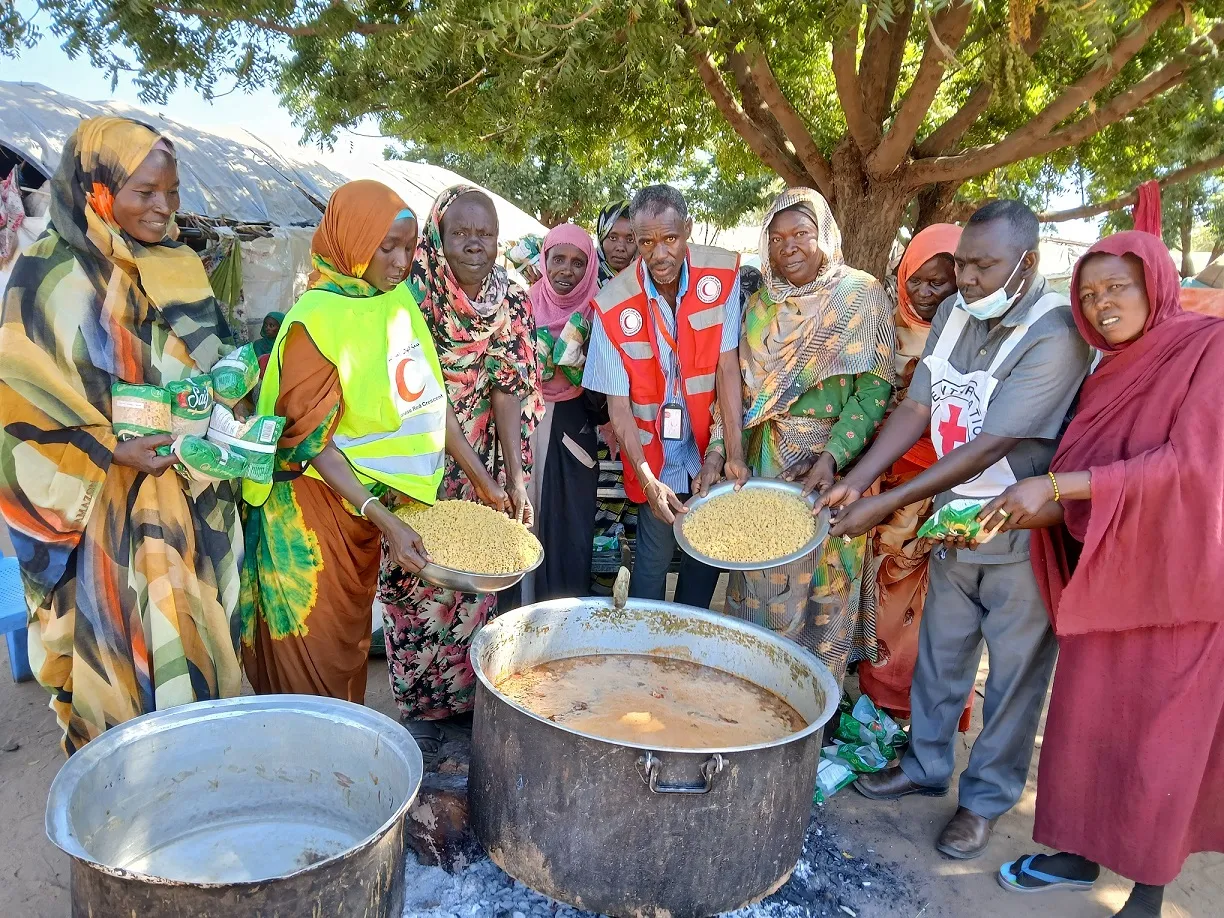
Sudan: Community kitchens bring vital food relief to thousands in North Darfur as humanitarian conditions worsen
Community kitchens are an ancient Sudanese tradition, where people come together to cook and share food. The ICRC and the Sudanese Red Crescent Society (SRCS) regularly support such initiatives. For several months, we helped provide two hot meals a day for some 10,000 displaced people in Zamzam camp, south of Al-Fasher. More recently, we supported another community kitchen at Gedaref Hospital, providing two meals a day for 500 patients for three months.

